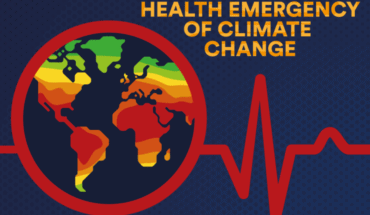As the G20 summit draws to an end, we hope that global leaders will push ahead with confronting the problems that mean that people across the world have limited access to medical tools and effective drugs.
The MSF Access Campaign, which launched in 1999, winning the Nobel Prize, has had some success stories, but so much more needs to be done to meet the needs of patients.
We believe that G20 leaders must promote new approaches, including for new antibiotics for tuberculosis and other drug-resistant infections that will actually meet the needs of people in their countries and beyond. MSF is concerned that some proposals under consideration – such as more strongly enforcing monopolies on new drugs- could actually restrict future access to affordable medicines and prevent needs-driven innovation. At the moment, medical research and development is driven by profit and pharma companies invest only in the hope of obtaining the reward of protected monopoly markets. But this model doesn’t work well for patients. In fact, R&D for diseases primarily affecting poorer countries can be seen as a poor investment in terms of profits, even though new drugs and innovations may save thousands of lives. This means that many prevalent diseases are neglected by researchers, simply because the future gains are considered inadequate.
Those drugs that are developed are often prohibitively expensive because the primary aim of those bringing them to market is to generate profits for themselves and for shareholders. The status quo is no solution: G20 governments must take the lead in championing new ways of developing medicines and tools that don’t rely on high prices to recoup research and development costs – but to make this a reality, we need governments to be bold enough to take concrete action.
We would ask them to consider that pharma companies often respond well to incentives when governments act collectively. We would like them to serve the societies in which they operate better. We think a good starting point is increasing transparency, so that pharmaceutical companies are more open about what their investment actually is when it comes to developing new drugs. Decoding what they actually spend would help us find inefficiencies or ways to collaborate and bring down costs. We never seem to be able to get exact figures, and some oft quoted costs are astronomically high – the most recent high estimate included an 11% charged on their capital investment per annum – they say that if they hadn’t invested the money in R&D it would have delivered an 11% return invested elsewhere, but is this realistic? Would they really expect that return if their money was sitting in a bank or being invested elsewhere and is it fair to pass it on such inflated ‘assumed’ costs to people buying medicines? R&D costs can include fees paid to promote the uptake of new drugs too, which seems quite a stretch. Taxpayers should expect value for money and taxpayers do help to pay for the development of drugs in the form of public grants and tax incentives. We need governments to ensure that the drugs we are helping to bring to market in this indirect way are both affordable and accessible.
If we set priorities collectively, we will get the results we need to help people in poorer countries lead longer, healthier lives.
- Greater transparency for global health - 7th September 2016






